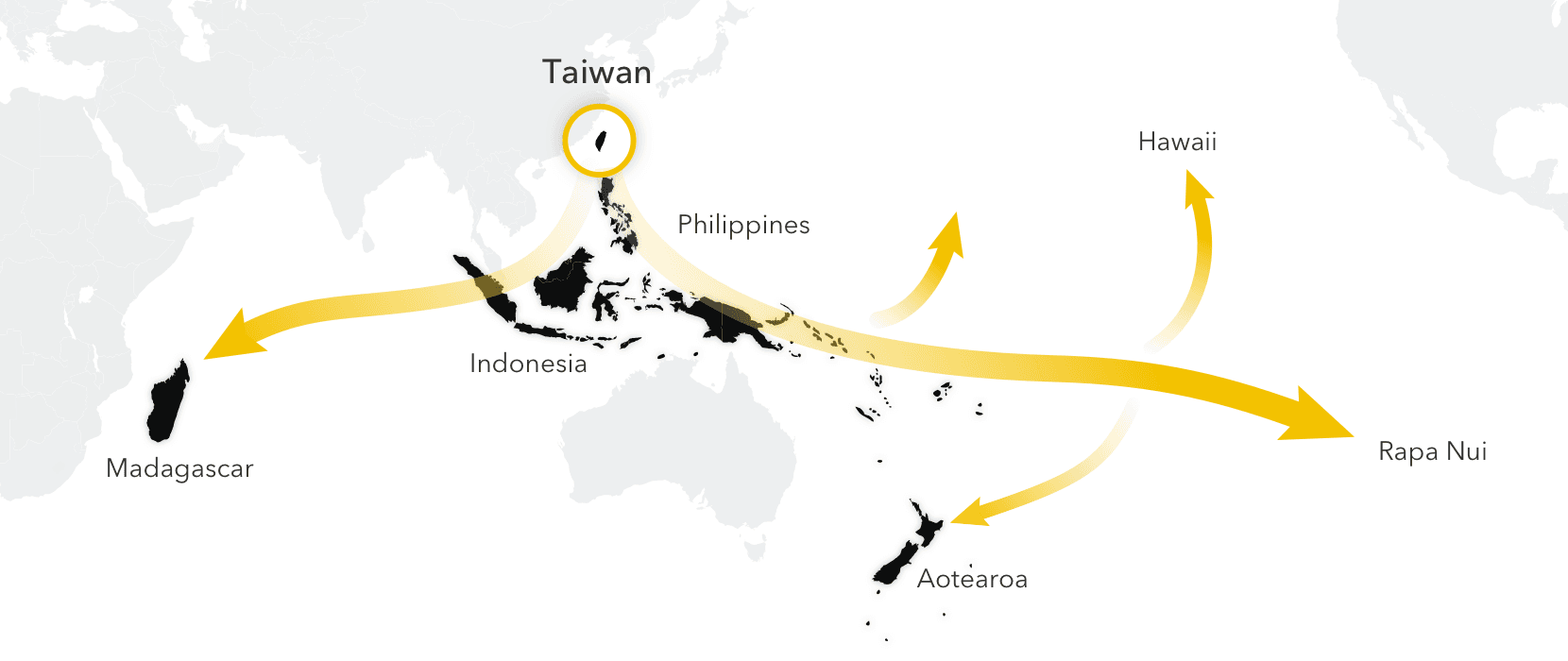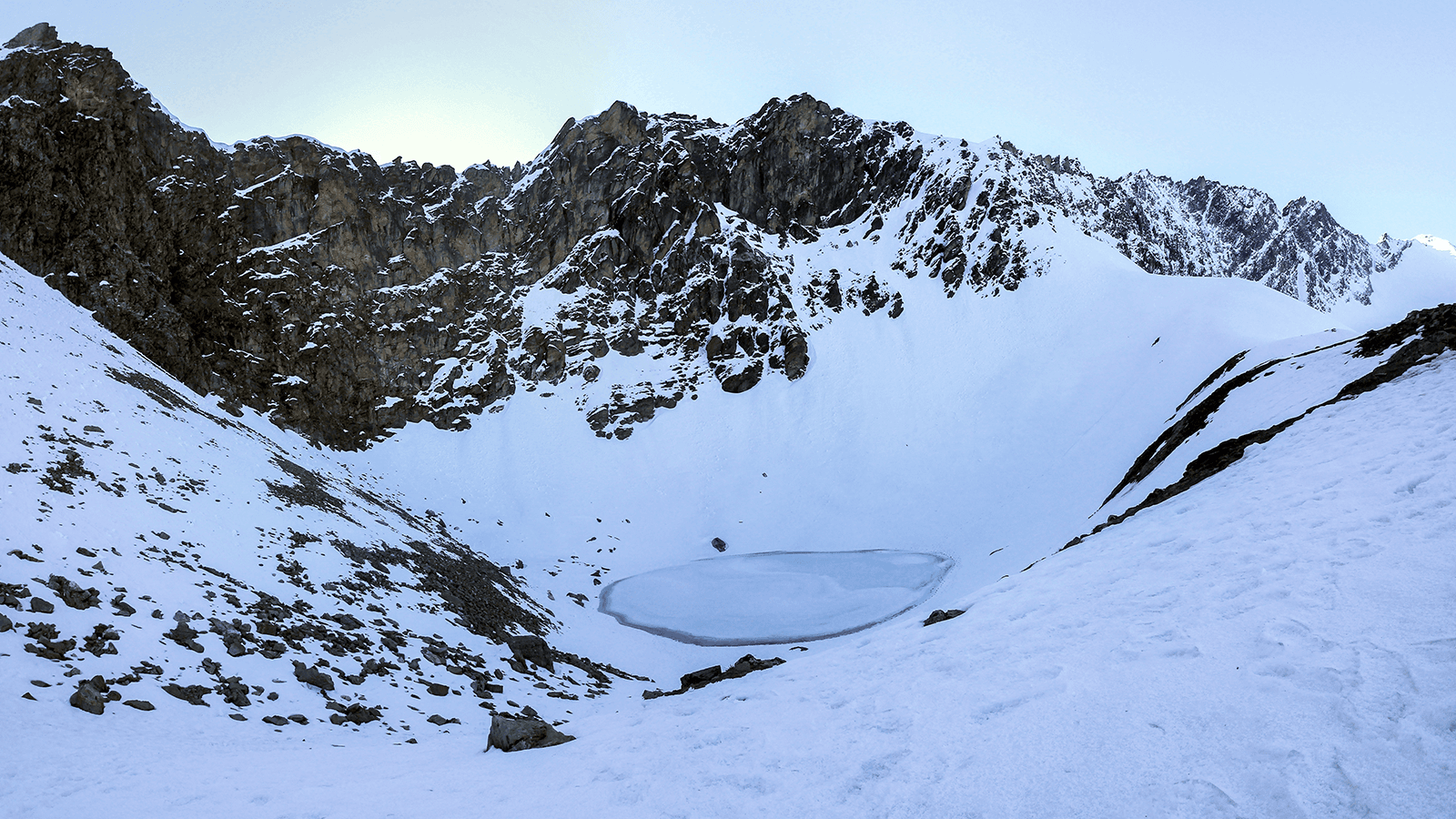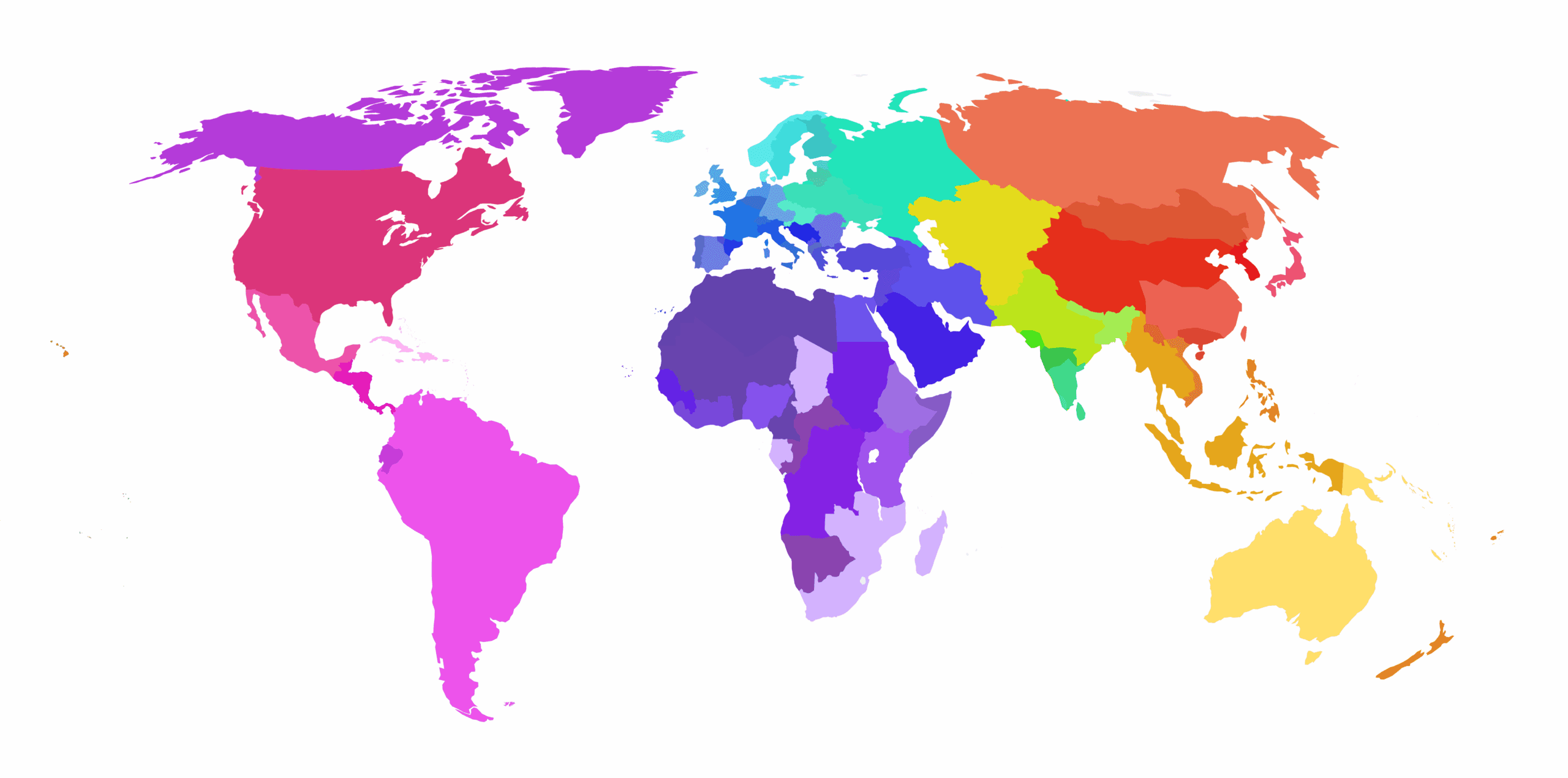May is Asian American Native Hawaiian Pacific Islander Heritage Month. In celebration, 23andMe is adding a new group of historical individuals to Historical Matches,SM our new 23andMe+ Premium membership feature that may genetically connect you to one or more of hundreds of historical people across the globe.
This new historical group, called The Early Peoples of Remote Oceania, contains 10 new historical individuals who lived in Vanuatu—an archipelago in the southwestern part of the Pacific Ocean—during the last 2,500 years.

The First People of Remote Oceania
The first people to settle in Remote Oceania—a region including Vanuatu, Tonga, French Polynesia, New Zealand, Guam, and Hawai’i—started arriving around 3,000 years ago.
These first settlers belonged to an ancient group known as the ancient Austronesians. The ancient Austronesians were originally from the island now known as Taiwan and were skilled long-distance seafarers and farmers. Between 3,500 BCE and 1,250 CE, they migrated across vast distances, spreading their language and farming technology to regions as far-flung as Rapa Nui (Easter Island) in the Pacific and Madagascar off the eastern coast of Africa.

Ancient Austronesians had ancestry similar to present-day East Asian populations. However, present-day Indigenous peoples from Remote Oceania have mixed ancestry, inherited from Austronesian and Melanesian ancestors. Determining when these two groups were first mixed has been a significant focus of anthropologists and geneticists, and ancient DNA data has played a critical role in answering this question.

Learn More
Discover more about The Early Peoples of Remote Oceania through 23andMe’s Historical Matches feature, available to all 23andMe+ Premium members.
Learn more about all that 23andMe offers here.




